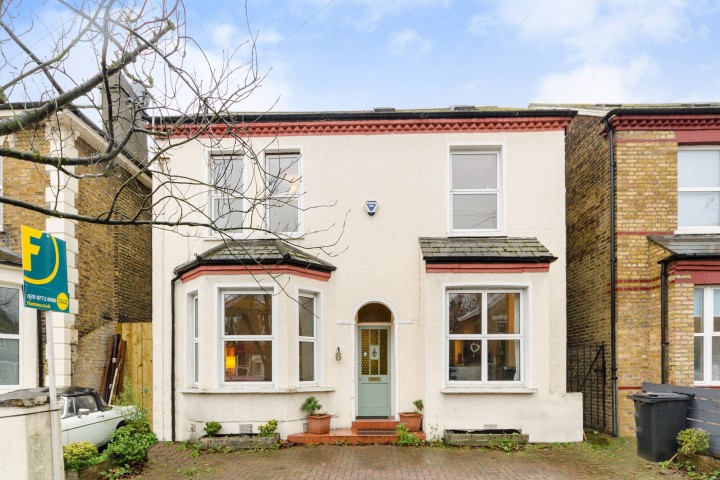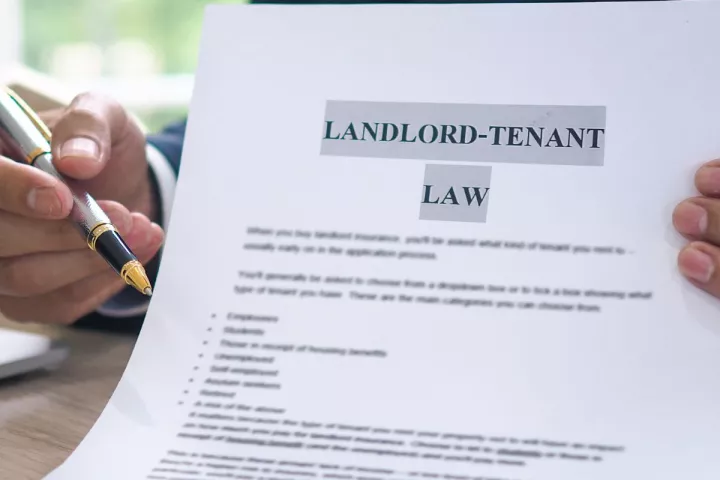Renting a house in London is a step-by-step process. First, determine your budget and preferences for location, size, and amenities. Next, start your search on online platforms like Rightmove or Zoopla.
Schedule viewings promptly and be flexible with your availability. After finding a suitable property, submit your application, including proof of identity, income, and references. Negotiate the rent and terms if needed. Once approved, review the tenancy agreement carefully before signing.
Prepare for the move by booking a removal company, setting up utilities, and organizing contents insurance. Finally, unpack and settle into your new home, exploring the neighborhood and registering with local services as needed.
Define Your Needs and Budget
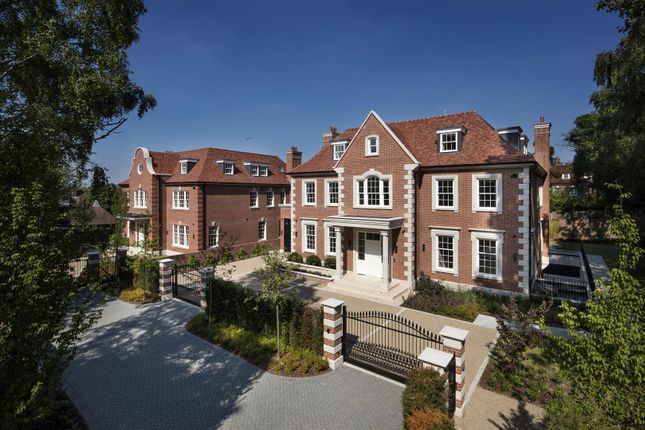
Research and planning are essential steps when renting a house in London. They ensure you find a property that meets your needs and fits within your budget. Here’s a detailed overview of the research and planning process:
Define Your Requirements
Determine your specific requirements for the rental property. You can consider factors such as the number of bedrooms, bathrooms, and desired amenities like a garden or parking. Also, take into account the proximity to public transport and whether you prefer furnished or unfurnished accommodation.
Set Your Budget
First of all, calculate your budget for rent, taking into account your monthly income and expenses. Remember to consider additional costs such as council tax, utilities, and transportation. Aim to allocate around 30% of your monthly income to rent, although this may vary depending on your circumstances.
Here’s how these come together
Imagine you’re a young professional couple planning to move to London. You both work in the city center and value a short commute. While a two-bedroom flat would be ideal, a one-bedroom could work if it has enough storage. Laundry in-unit is a must and access to parks nearby is important.
Your combined income allows a maximum of £2000 per month for rent. Bills and fees could add another £500 monthly. So, you’d ideally find a place around £1500 with in-unit laundry near a park and with a manageable commute.
Research Neighborhoods
Explore different neighborhoods in London to find the one that best suits your lifestyle and preferences. Consider work/study proximity, local amenities, safety, and area vibe for optimal living conditions. Online research, visiting neighborhoods, and talking to locals can help you better understand each area.
Researching the Market for Renting a House in London
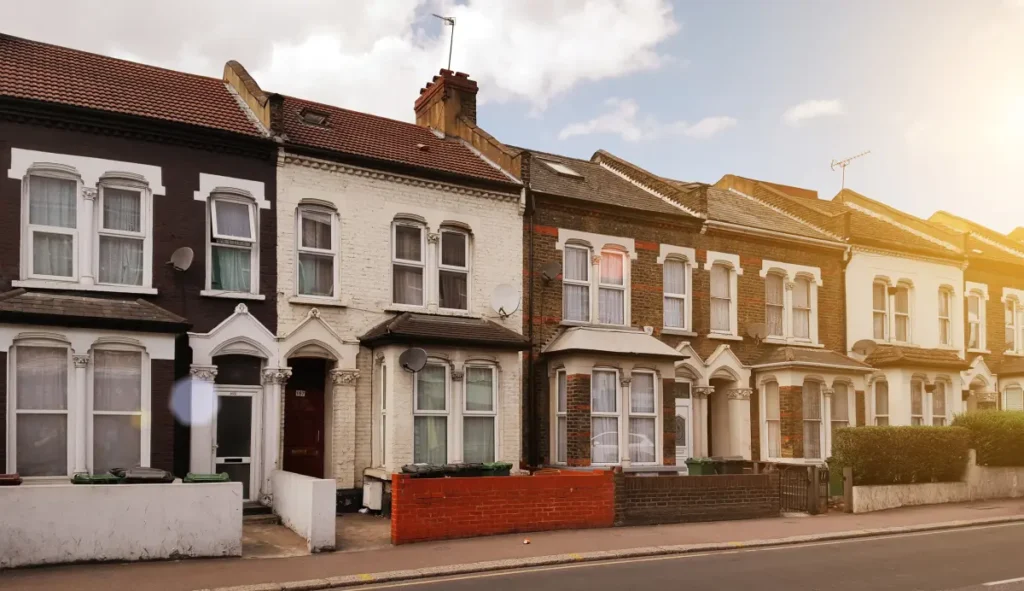
After determining your needs and budget, begin searching for a rental in London to find your ideal accommodation. You can start by checking out websites like Rightmove, OnTheMarket, and Zoopla. These sites offer numerous rental listings, allowing easy filtering by location, price, property type, and desired bedrooms.
Moreover, if you’re open to sharing a place with others, SpareRoom is a good option for finding rooms in shared houses or flats. You can also get help from agencies that specialize in different areas of London. They often have inside info on available rentals that you won’t find online.
Another option is to look into the London Living Rent scheme, which offers discounted rents for people with certain incomes. Watch rental market reports for insights into prices across various city areas, aiding your understanding of local rental rates.
Engage with online communities on platforms like Facebook groups and Reddit. Further, don’t forget to network with friends, colleagues, or acquaintances who may have leads on available properties.
Lastly, check local newspapers and magazines for rental listings, as they often feature advertisements from landlords or letting agents.
Viewings For Securing Your London Rental
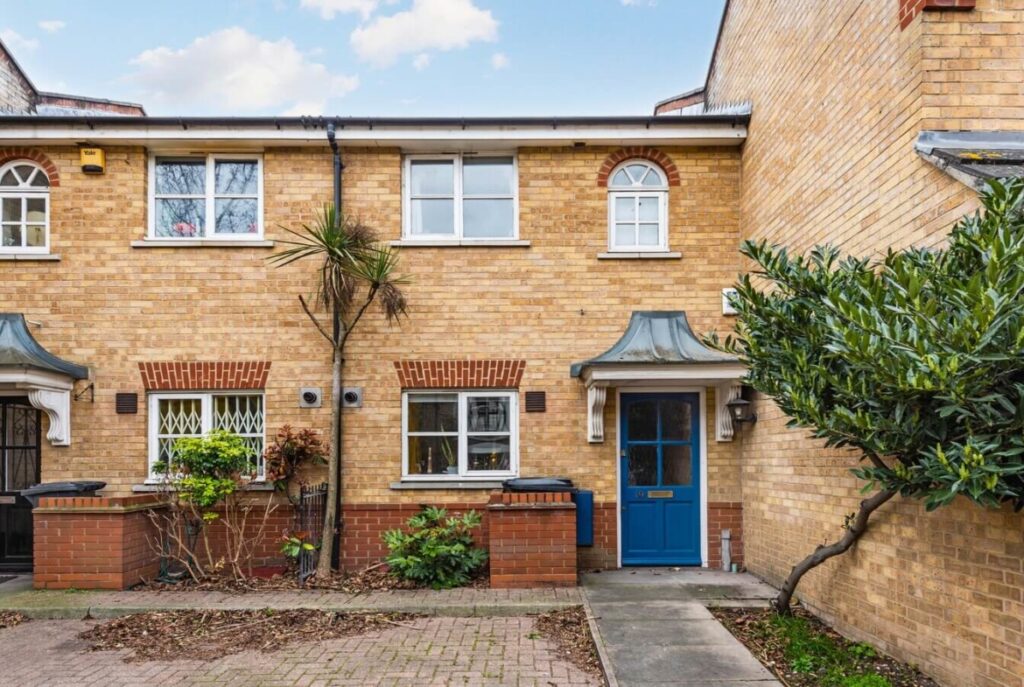
After pinpointing potential houses through research, it’s time to delve into viewings in London’s competitive rental market. Swiftly contact the agent or landlord when interested in a house; prompt response is crucial for arranging viewings efficiently.
Flexibility is crucial too, landlords often have limited time slots, so be open to adjusting your schedule to secure a viewing. Prepare a list of questions about the property, amenities, tenancy agreements, and any additional costs to ensure you gather all the necessary information.
Further, when attending viewings, aim to arrive a few minutes early to make a good impression and show respect for the landlord’s time. While there’s no strict dress code, it’s essential to look presentable and convey that you’ll take good care of the property.
Take your time to inspect the property thoroughly, checking for any issues like dampness, broken fixtures, or inadequate lighting. Finally, engage with the landlord or agent by asking your prepared questions and communicating your needs and expectations.
Organizing Essential Rental Application Documents
To apply for a rental home smoothly, get all your paperwork ready. First, make a clear copy of your ID, like your passport or driver’s license. It should have your full name, birthdate, and picture.
Next, gather documents to prove your income. If you work for someone, collect recent pay stubs or a letter from your boss. If you’re self-employed, get copies of your tax returns for the last few years.
Moreover, you’ll also need references from past landlords to show you’re a good tenant. Request letters verifying the duration of residence, timely rent payments, and responsible maintenance of the premises from your previous landlords.
Check your credit report to make sure everything’s accurate. You can get a copy from places like Experian. Give a copy to the landlord or let them do a check.
In addition, depending on what the landlord wants, you might need more papers. Proof of current address, non-UK visa, or guarantor agreement for financial support are required for documentation.
Keep all your papers in order and make copies of everything. Put them in a folder or on your computer so you can give them quickly if the landlord asks. That’s it! You’re ready to apply for your new home.
Negotiation and Securing Your London Rental House
Having found your ideal London house and submitted your application, it’s time to seal the deal and secure your tenancy agreement. When negotiating the rent, consider the current rental market conditions and any issues with the property that may warrant a reduction.
So, it’s essential to be realistic in your offers and aim for a reasonable adjustment based on market rates. Present a strong offer by highlighting your good credit score, reliable references, and willingness to commit to a longer tenancy. Focus on proposing mutually beneficial solutions, such as including utilities or additional amenities.
Maintaining a polite and professional demeanor throughout the negotiation process to foster positive interactions. Before signing the tenancy agreement, review it carefully to understand your rights and responsibilities as a tenant. Don’t hesitate to ask questions and clarify any doubts before proceeding. Be clear about upfront costs like deposits and fees, and ensure they align with what was discussed.
If a guarantor is required, ensure they understand their role and are prepared to sign the agreement. Also, keep communication open with the landlord or letting agency and be prepared to walk away if negotiations are unsuccessful. Once terms are agreed upon, sign the tenancy agreement and secure your new London home!
Moving In and Setting Up Your London Rental Making it Home
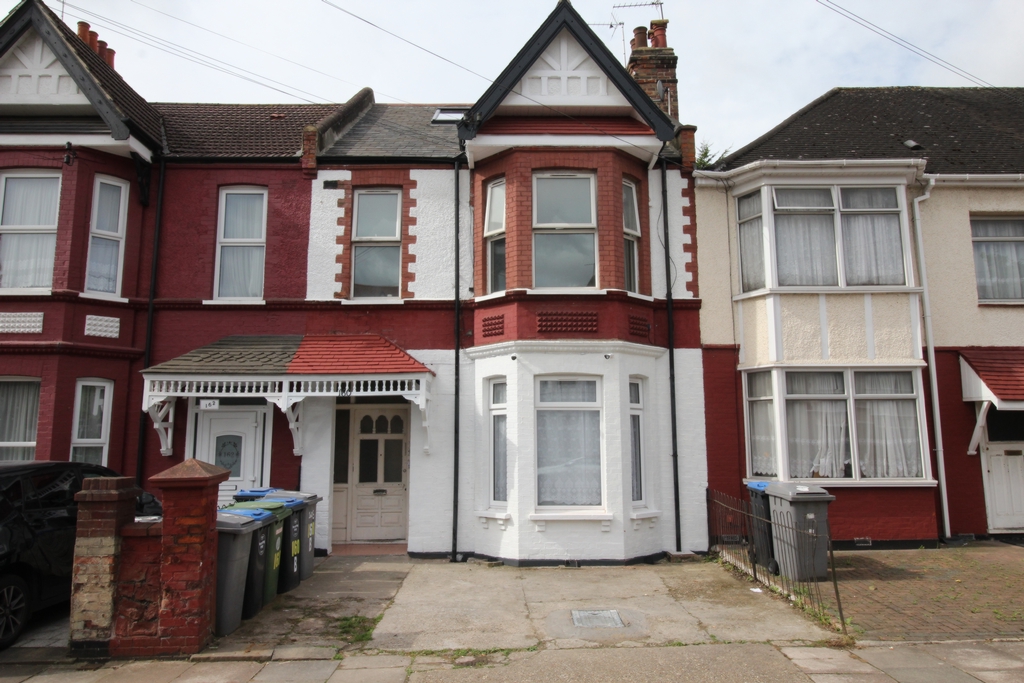
Congratulations! You’ve secured your new house in London. Now comes the exciting but potentially overwhelming task of moving in and setting up your new space. Here’s a guide to ensure a smooth transition:
Move-In Logistics
To ensure a smooth transition to your new London home, scheduling the move efficiently is essential. Book your removal company or van well in advance, especially if you’re relocating during peak season when demand is high.
Moreover, before giving keys, inspect the property with the landlord, documenting existing damage via photos or videos for thorough inventory.
So, this step helps prevent disputes over damages later on. For homes without driveways, ask about parking permits for the moving truck to prevent day-of parking problems.
Setting Up Your New Home
As you settle into your new London home, it’s important to take care of a few key tasks. Set up electricity, gas, water utilities, and register for council tax, the local property tax, for your new home.
Consider getting contents insurance to protect your belongings from unexpected events like fire or theft. Next, connect major appliances such as the washing machine, refrigerator, and oven following the manufacturer’s instructions.
When it comes to unpacking, take it one room at a time and label boxes clearly to make finding things easier. Finally, arrange your furniture to create functional and comfortable living spaces.
Additional Tips
Don’t forget to redirect your mail to your new address well in advance to avoid missing important documents. If you’re new to the area, register with a local doctor’s surgery to ensure easy access to healthcare services. Take some time to explore your new neighborhood. Discover local shops, restaurants, parks, and amenities.
FAQ’s
Is it easy to rent a house in London?
No, Finding a rental property in London can be challenging due to high demand and competition. However, with thorough preparation and organization, such as knowing your requirements and registering with reputable agencies like Hudsons Property, the process can be made smoother.
Can I rent in London without a job?
Yes, it’s possible to rent in London without a job, but additional steps may be required to reassure the landlord of your ability to pay rent. You may need to provide proof of financial stability through bank statements and letters of reference.
Can a foreigner rent in London?
Yes, foreigners can rent in London. To prove eligibility to rent, foreigners can use their passport or immigration documents showing Home Office permission to be in the UK. Landlords or agents will typically require copies of these documents for verification.
Final Words
Renting a house in London requires patience and thorough planning. By following the steps outlined, you can navigate the process smoothly and secure your ideal home in the bustling city. Remember to stay organized, communicate effectively with landlords or agents, and be prepared to negotiate when necessary.
Once you’ve found your new place, take the time to settle in and explore your neighborhood. With careful attention to detail and a positive attitude, you’ll soon be settling into your new rental home. From there, you can start enjoying all that London has to offer.

